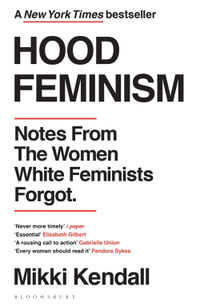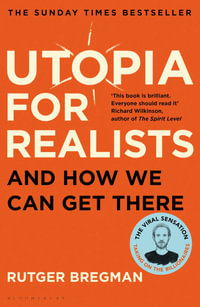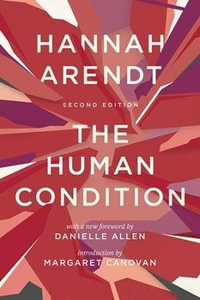Complicity argues that all existing modes of cultural critique are regarded as legitimate and productive if and only if they are complicit with the very ideologies and values that the criticism sets out to undermine. Through philosophical, literary and theoretical analysis, Thomas Docherty shows how easy it has been for criticism to become essentially an act of political collaboration with existing governmental power. The book explores the various ways in which, both historically and theoretically, critical activity has become complicit with the over-arching social and political norms that it aims to undermine. Philosophically, ethically and politically, criticism's fundamental impulse is too often intrinsically negated. In extreme political form, this places criticism in line with collaborationist activity. Docherty then finds a productive way out of the double-bind in which criticism has traditionally found itself, through an idea of criticism as a mode of 'reserve', a mode of commitment that eschews fundamentalism of all kinds.
Industry Reviews
This is a marvellously illuminating book. Interrogating the philosophical meaning of complicity through highly original reflections on Shakespearian drama, the writing of Hanna Arendt and encompassing also the late work of the great Scottish poet Edwin Morgan, the author considers the parameters in history and the present of the drive to be compliant and complicit. In the context of the audit culture in the UK university system the author makes the strongest claim for criticism, beyond academia, perhaps as a way of life. -- Angela McRobbie, Professor of Communications, Goldsmiths University of London
Thomas Docherty's Complicity is a brave and important book about the nature of commitment in criticism in a world where responsibility and complicity war with one another to give shape to our interpretive endeavors. Challenging the comforts of institutional inertia, Docherty offers new insights into the nature of intellectual engagement, "openings" spurred by culture that fight complicity's claims on who we are. -- Peter Hitchcock, Professor of English, The Graduate Center, City University of New York
Docherty's lucid, elegantly-written study of complicity in politics, the arts, critical practice, and philosophy is illuminating and erudite, reflecting on the meaning of the term by engaging with a formidable array of artists and thinkers including Shakespeare, Arendt, Adorno, Sartre, and more. The result is a rigorous reassessment of complicity as well as of commitment and responsibility-important topics in our troubled times. -- Richard J. Golsan, Distinguished Professor of French, Texas A&M University
Complicity is an original exploration of our responsibility to critique and resist systems of inequality, deceit and closure. Topics include extermination camps, the management of consent in our universities and closing borders in Europe. Drawing on critical theory, literature, film and the arts, Docherty confronts the reader with a potent diagnosis of our age and demands resistance. This is essential reading. -- Larry Ray, Professor of Sociology, University of Kent
























